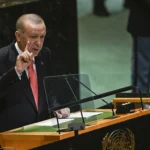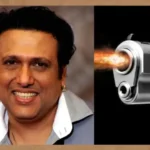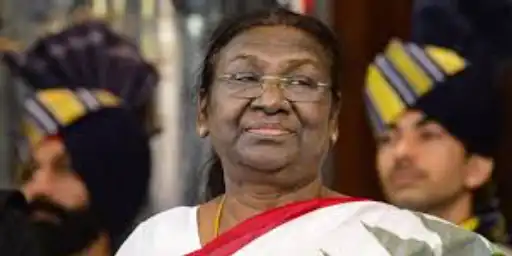The President of India holds various ceremonial duties, certain powers, and is the nominal head of state.
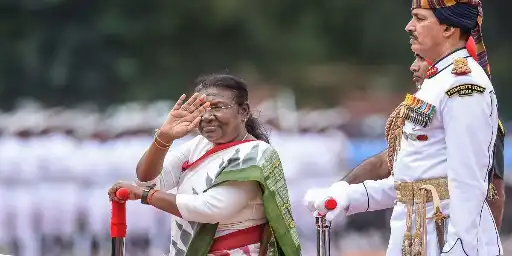
As per Article 53 of the Constitution, the President holds the executive powers of the Indian Union. In addition to having the authority to name and dismiss senior constitutional officials like the prime minister and the council of ministers, the president also has a right to be informed about all matters pertaining to the country. He is the name behind all appointments to the Supreme Court, High Court, state governors, Attorney General, Comptroller and Auditor General (CAG), Chief Commissioner, and Election Commission members.
Legislative powers
The President always addresses the legislature before the budgetary session starts. If the two houses of Parliament are unable to agree on any legislation, the President calls a joint session of Parliament to resolve the impasse. According to the Indian Constitution, the government cannot introduce legislation to create a new state, alter the borders of an existing state, or even change the name of an existing state without first receiving the approval of the President. Furthermore, just like money bills introduced in the Lok Sabha, legislation pertaining to fundamental rights under the Constitution requires the President’s approval. In addition, the President must sign any bill passed by Parliament into law.
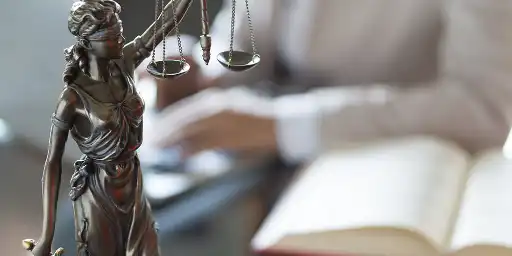
While Parliament is in recess, the President also signs in laws ordinances or new laws. Members of both Houses are nominated by the President as well. His authority is only limited to asking the Council of Ministers to reexamine a bill that they have sent to him for signature, like using Article 356, for example. However, the president is forced to approve the bill if the council of ministers returns it.
Military powers
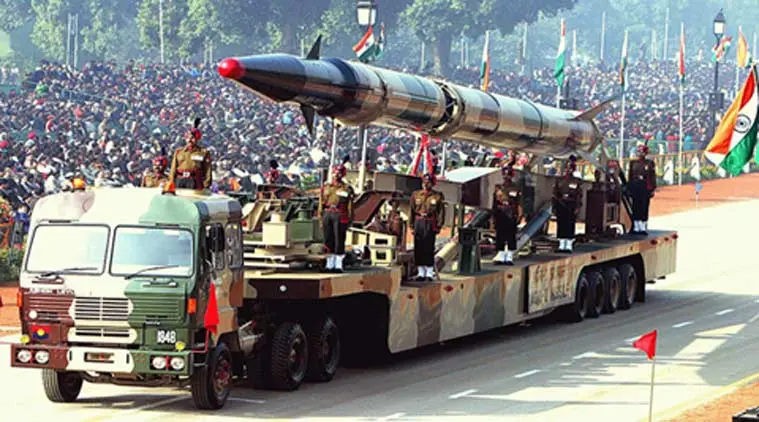
Since the President is the ultimate commander of the Indian armed forces, all officer appointments, including those of chiefs, are made by the President. With the President’s control and authority over Parliament, the nation declares war and ends peace in his or her name.
Diplomatic roles
The President of India has a variety of responsibilities in terms of diplomacy to uphold ties with other nations. His delegates abroad are the nation’s ambassadors and high commissioners. Additionally, he is given the credentials of foreign diplomatic representatives. Prior to ratification by Parliament, the President also negotiates treaties and agreements with foreign countries.
Judicial powers
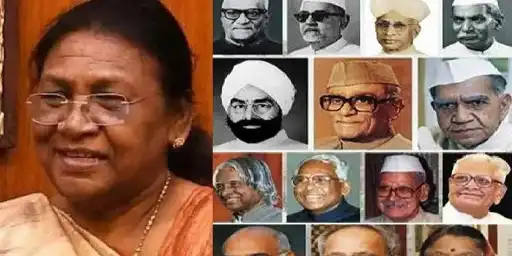
The President is endowed with judicial powers, which he uses mainly to correct court mistakes and to pardon and exempt people from punishment. On legal, constitutional, and matters of national and public interest, the President may also consult the Supreme Court.
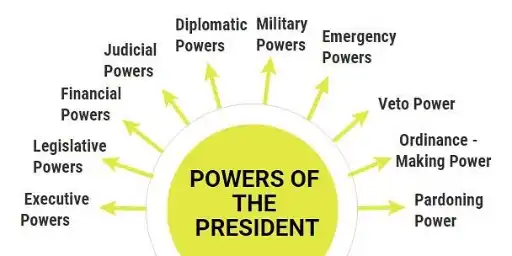
Financial roles
The President is responsible for bringing audit reports before Parliament, receiving the Finance Commission’s report, and implementing its recommendations. The President also has access to India’s Contingency Fund.
Emergency powers
The Constitution specifies three types of emergencies. The President may declare a state of emergency under the national emergency powers if he or she determines that there is an imminent threat to the security of the nation, either from external aggression or from internal armed rebellion. Only after receiving written recommendations from the prime minister and the cabinet is a state of emergency declared.
Under Article 356 of the Constitution, a state of emergency is essentially a political emergency that leads to either governor’s rule or president’s rule in the event of a breakdown in law and order or the Constitution.
When the nation’s or any region’s financial stability is significantly impacted, a financial emergency arises. A state government may be ordered by the President to use caution when allocating public funds. In the past sixty years, the President’s financial emergency powers have never been used.
Read also : OnePlus Nord CE 4 Lite 5G India Launch Set for June 24; Colour Option, Specifications Revealed


